Restrictive covenants may be enforced if they are reasonable and narrowly tailored to protect an employer’s interests.
A non-compete agreement is a special type of employment contract that specifies restrictions on the type of work an employee may perform during or after the conclusion of their employment. Non-compete agreements usually place limitations on where, how, and for whom an employee may work after they leave their current employment.
Some of these agreements prohibit the employee from taking a second job or having a “side gig” while working for their present employer. Others only relate to their future employment.
A non-solicitation agreement restricts an employee’s ability to solicit business from customers of their current employer after their employment ends.
These kinds of agreements, which limit an employee’s freedom to work wherever and for whomever they choose, are called restrictive covenants.
A non-compete prevents an individual from taking the knowledge they gained working for a company to a competitor or opening an independent business to compete against the company. A non-solicitation agreement ensures they do not also steal the company’s clients.
These agreements are designed to protect an employer’s interests, especially if the business has invested a lot of time or money to onboard or educate a worker or if that worker possesses confidential or sensitive information about the employer’s customers. In the past, restrictive covenants were usually only used for high-level employees who were trusted with high-level trade secrets and other protectable intellectual property. These employees usually negotiate substantial compensation in exchange for giving up the freedom to leave and work elsewhere. Now, these restrictions are often a part of the onboarding process for lower-wage and lower-level employees.
Non-competition agreements and other restrictive covenants should not hold a worker hostage or punish them for leaving a company. If an agreement seems to unreasonably restrict a worker’s right to pursue their profession rather than legitimately protecting a company’s interests, a court may conclude it is unenforceable. When a non-compete agreement is found to be unenforceable, it is most often due to overly broad restrictions, such as covering too wide of a geographic region or lasting for an unreasonable amount of time.
Many states have passed or are in the process of creating laws that establish clear guidelines for enforceable restrictive covenants. New Jersey law requires courts to determine whether each non-compete agreement is enforceable on a case-by-case basis. A judge will balance the value of protecting a company’s legitimate interests against the difficulty that the agreement creates for the employee in finding other work in his or her field. The law also allows the court to overturn restrictive covenants that are against the public interest.
If you have been asked to sign or think that you may be subject to the restrictions of a non-compete agreement, an experienced employment attorney can help you understand your rights. It is vital that you understand exactly how such an agreement may affect your future employment options. If you are already covered by a non-compete agreement, it may not be enforceable if it is unfair. Talking with an attorney can help you understand your options and determine how to protect your rights.


